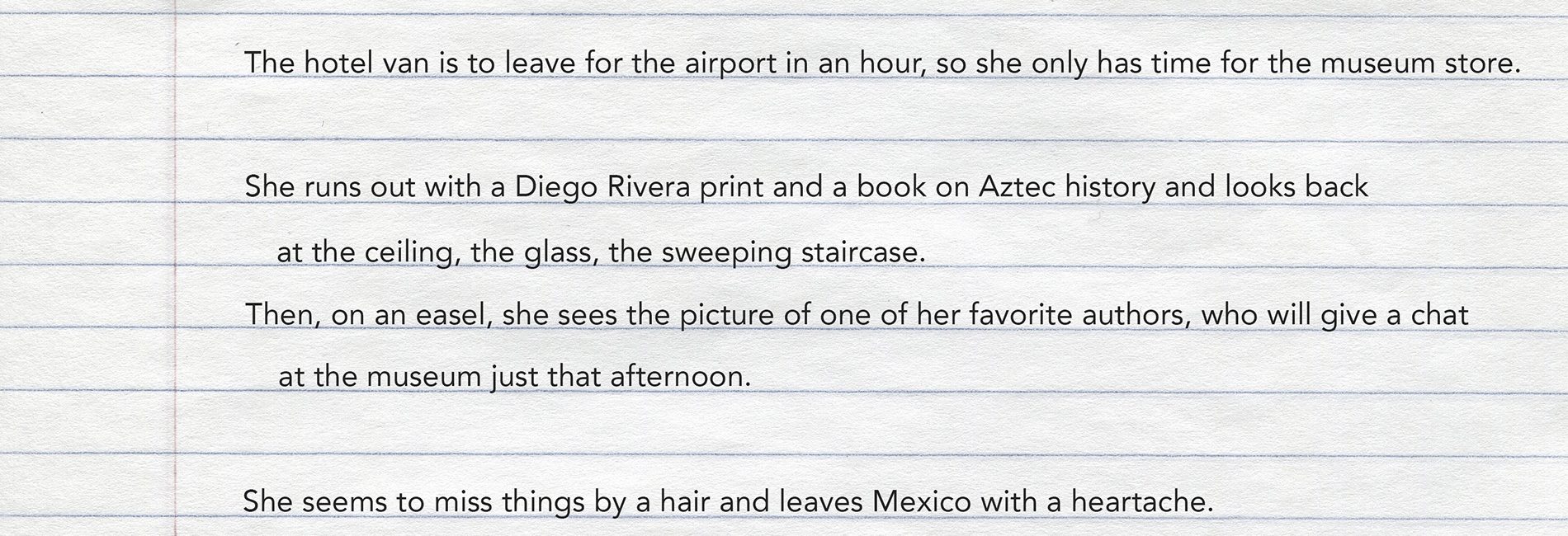there are first lines,

sometimes paragraphs,
that stay with me. Entonces me miró is one of them (Then she looked at me.).* And He was born dead. Or Call me Ishmael. I could go on. Then she looked at me is the opening line of Eyes of a Blue Dog — a short story written by Gabriel García Márquez. I remember the first time I read it I did not want to read more because I found those three words arresting. I don’t know why.
+ they still have that effect on me
The short story is nebulous, at best, it’s Garcia Márquez after all, and piercing. I don’t read short stories much, never have. His are the only ones I have read (though not all, it’d be too painful), and a few of Hemingway’s (same reason although, of course, I have read and re-read Hills Like White Elephants. Who hasn’t?). Anywho, Rubén Blades has a song called by the same name, Eyes of a Blue Dog, which
i listened to three times on the way
home today, singing and dancing, still exploding in my head as I walked in the door. My husband had no clue what whirlwinds ran through me as I pointed at a recipe I wanted to try tonight. 🤣
The book is on my desk, and I could read the story right now, but it is not the tale that fills me with awe: it is those three words. Entonces me miró. Is it because I have a memory of someone looking at me a certain way? Yes, many. Or of me seeing someone in a way only I know? Yes. Most likely. And it’s all good.
The first book of his that I read was One Hundred Years of Solitude, which I threw across the room numerous times over years before I could get into it … then became one of my favorite books. The only reason I even heard of him was because, in college, I had friends from Colombia who talked about him. I thought I was so uncultured back then that I began to avidly read more and studied the world atlas to know where places + people were (are).
I am indebted to those friends.
yet i missed an opportunity to meet García Márquez!
it’s in Like A Blue Thread exactly as it happened, although the story around that scene is pure fiction

* In Spanish, a pronoun is not always necessary. The verb ending and other sentence elements signal the person, though not the gender. “Funny” because in Spanish, all objects have gender.




